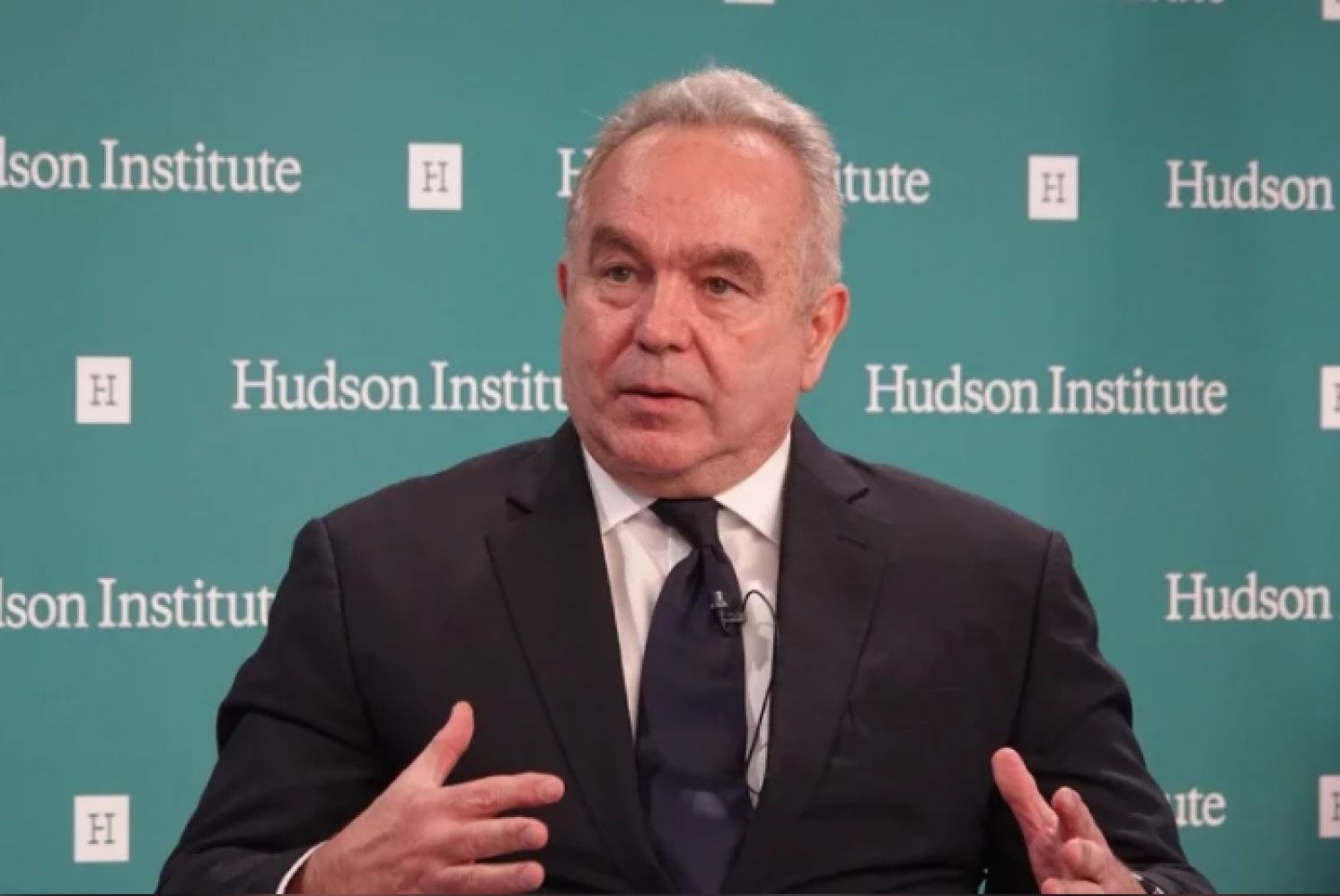
U.S. Draws Red Line on Taiwan Independence, Stresses U.S.-China Co-Existence
United Daily News, July 8, 2021
Kurt Campbell, the U.S. National Security Council coordinator for the Indo-Pacific, indicated on July 6 that it is possible for the United States and China to co-exist peacefully, but to achieve this would be an enormous challenge. He stated that Washington supports the development of a strong unofficial relationship with Taiwan, and that maintaining peace and stability in Taiwan is a "dangerous" balance. He also emphasized that Washington does not support Taiwan's independence.
This is the first time since the administration of President Joe Biden took office that a high-level official has indicated non-support of Taiwan independence. As for when President Biden will meet with Chinese President Xi Jinping, Campbell shared his expectation that it will not be long before they meet. The challenge for the United States is to formulate a strategy that will give China opportunities and will respond when China takes actions antithetical to the maintenance of peace and stability.
Spokesman Wang Wenbin of the mainland’s Ministry of Foreign Affairs said that the “One China” principle is the political foundation of U.S.-China relations. China hopes that the United States will walk the same direction as China and adopt a rational and pragmatic China policy: focus on cooperation, manage differences, and promote the healthy and stable development of U.S.-China relations.
Wang pointed out at a regular press conference of the Ministry of Foreign Affairs that China has always been committed to developing a relationship with the United States, one of "non-conflict, non-confrontation, mutual respect, and win-win cooperation." At the same time, it will continue to resolutely defend its national sovereignty, security and development interests.
Spokeswoman Zhu Fenglian of the Taiwan Affairs Office of the State Council stated that she had noticed the relevant reports of Campbell's talk. She emphasized the mainland position urging the U.S. government to abide by the “One China” principle and the relevant provisions of the three U.S.-China Joint Communiqués with practical actions, clearly oppose Taiwan independence, and play a constructive role for peace and stability across the Taiwan Strait.
Japanese Deputy Prime Minister Taro Aso stated in a speech in Tokyo on July 5 that if China invades Taiwan, then Japan may exercise its limited collective self-defense rights. Spokesman John Kirby of the United States Department of Defense stated at a press conference on July 6 that the United States and Japan must jointly defend Taiwan and that he respects the comments of the Japanese government, but that the United States has not changed its Taiwan policy. It continues to abide by the three U.S.-China Joint Communiqués, Taiwan Relations Act, and Six Assurances and maintains the “One China” policy while assisting in Taiwan’s self-defense. This policy has enjoyed bipartisan support in the Congress for decades, and nothing has changed.
Mr. Kirby said that no one wants to see the situation evolve into conflict, and there is no reason for such an outcome. He emphasized that the United States remains focused on ensuring that Taiwan can continue to defend itself.
The regular press conference of the Department of Defense on July 6 focused on whether American troops in Afghanistan would withdraw from the military base at Baghlan base during the night, giving the impression of a covert departure. Mr. Kirby pointed out that the terrorist threat in Afghanistan has been significantly reduced, and that the United States will continue to pay attention to prevent the resurgence of terrorist activities; currently, the greater national security challenges for the United States are, frankly, China and Russia.